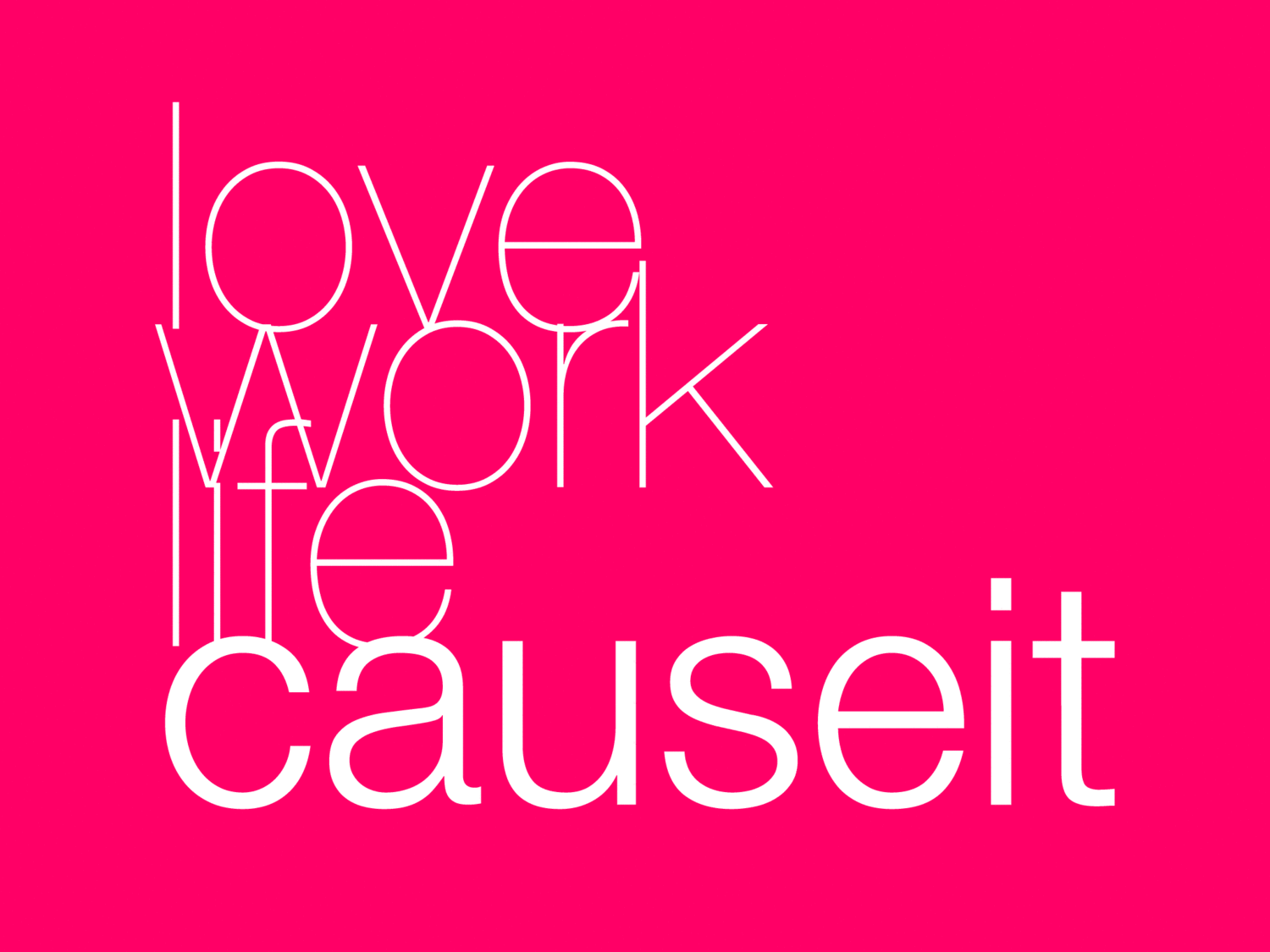With Apple's recent announcement of their direct sales of not just smartphones, but phone & plan bundles, mainstream customers are about to experience a big, visible change in mobile business models. While lots of articles do a great job comparing Apple's new iPhone Upgrade Plan to similar carrier-specific offerings, there's another issue at hand behind the scenes as Apple closes the loop of the iPhone experience.
How Branding is Moving from Push to Pull — Interview with Mark Bonchek
Organizations: The Need to Become More Networked — Interview with Mark Bonchek
Empowering through Leadership, Not Control — Interview with Mark Bonchek
How Communication is Shifting from Audience to Community — Interview with Mark Bonchek
Crafting an Effective Company Narrative — Interview with Mark Bonchek
Mark Bonchek Talks Doctrine and Decision-Making
Healing the Wounds of the Assembly Line with Feedback Loops and Doctrine
Often, the focus on the ideal of the cross-functional, interdisciplinary, extroverted worker results in questions being asked which the average employee is insufficiently skilled to answer. In her book Quiet, Susan Cain cites the example of one of her research technical interviewees' recollection of a 'murder board,' a panel of decision-makers whom engineers had to face in order to get their new ideas considered for funding and other resources. One can imagine a hard-faced panel of besuited men tearing down the brilliant if meek engineer with the smug expressions of a young MBA grad: "What's your marketing plan!," they might shout, "
Autonomy and Acceptable Failures: The Need for Doctrine
Autonomy, especially in and around U.S. businesses, is a tricky concept. Autonomy is valued very highly in our culture, but the challenge of finding a way to hand off acceptable amounts of control takes a lot more work than most leaders or employees realize. Few companies have the patience or budget for mistakes which occur when a more-autonomous goes wrong, so they choose not to grant autonomy in the first place, or revoke it at the first sign of trouble. Understandably, the constant conflict of employees who need autonomy and leaders who need accountability plagues most organizations.
Doctrine: Downloading Wisdom for Agility and Effective Improvisation
Doctrine sits in between strategy and plans. It is more specific than the strategy, but also more versatile than plans, or rules. Think of it as heuristics, or guidelines: the purpose of doctrine is to enable an individual to know what to do in a situation that's consistent with the strategy and achieves the objectives of a plan, but with flexibility, with autonomy, for the individual, in the circumstance. And the creation of effective business doctrine, I believe is going to be critical for the transition of business in the next century.
The Shift from Push to Pull: Creating an Orbit
One of the greatest shifts we're seeing today is a shift from push to pull. We're in a world now where our customers and our employees don't need us the way that they used to. It used to be that we needed to advertise, we needed to promote, we needed to push information out to people, so that they knew who we are, what we sell, why they should buy from us
Caring: The Missing Ingredient
I think the biggest missing ingredient for leaders is caring. At some point along the line, they stop caring—about their teams, about the company, about their customers, and it becomes a matter of just executing actions. I think when leaders reconnect with why they're doing what they're doing, the difference that it makes in the world and allow themselves to open their mind and their heart and take action based on those, that's when things really start to happen. Because it becomes inviting to people. That's what becomes open and transparent.
Causetalk: Future of Organisations Teaser from Osaka, Japan
Curious about the shift from hierarchies to networks? Have big ideas about what leadership will look like a new economy? We are too. We were honored to be invited by @innotribe of the @swiftcommunity to speak @sibos, the annual international banking conference, on just what leadership might look like. Here's a preview of the session while the full film is being produced:











